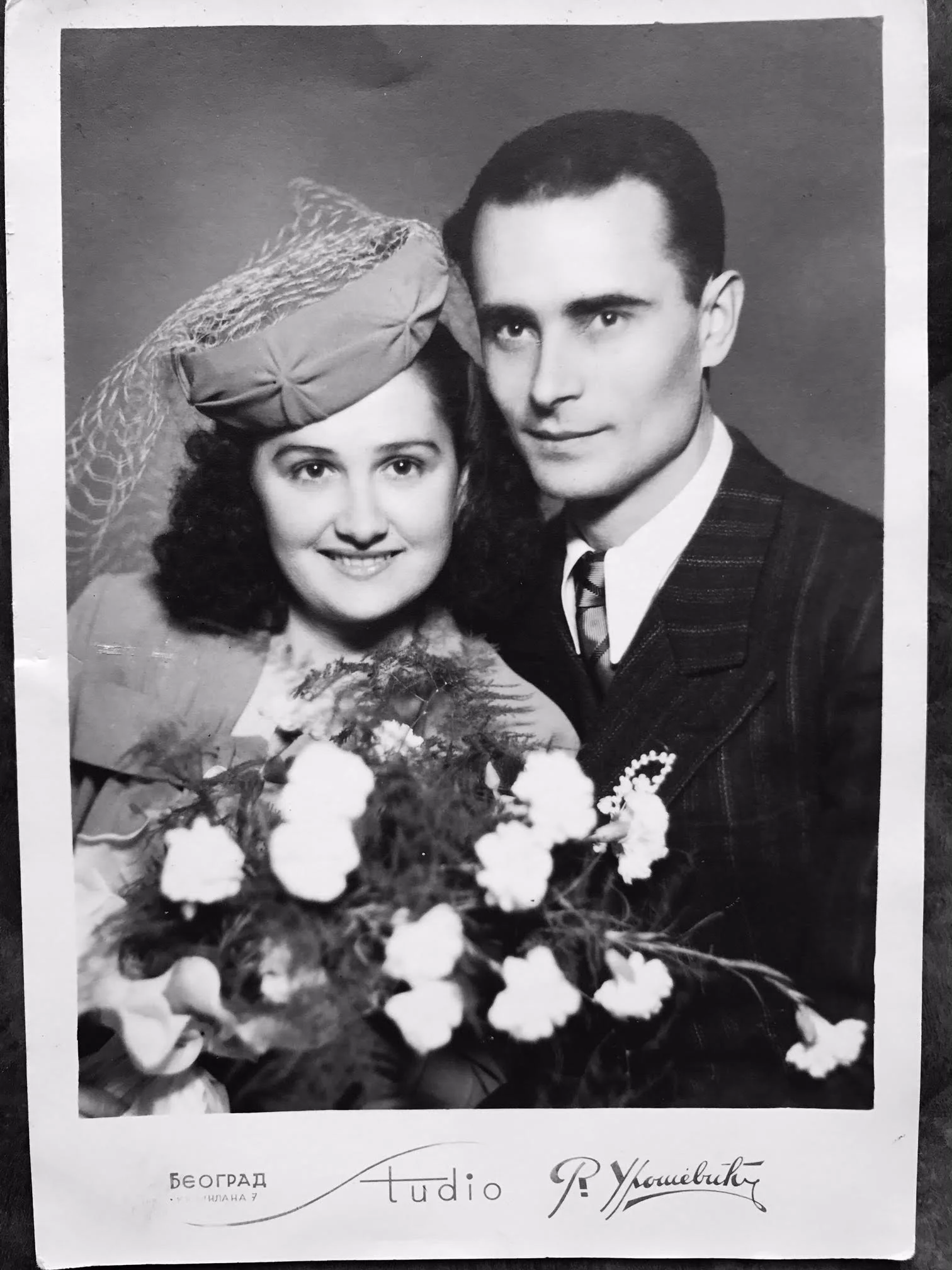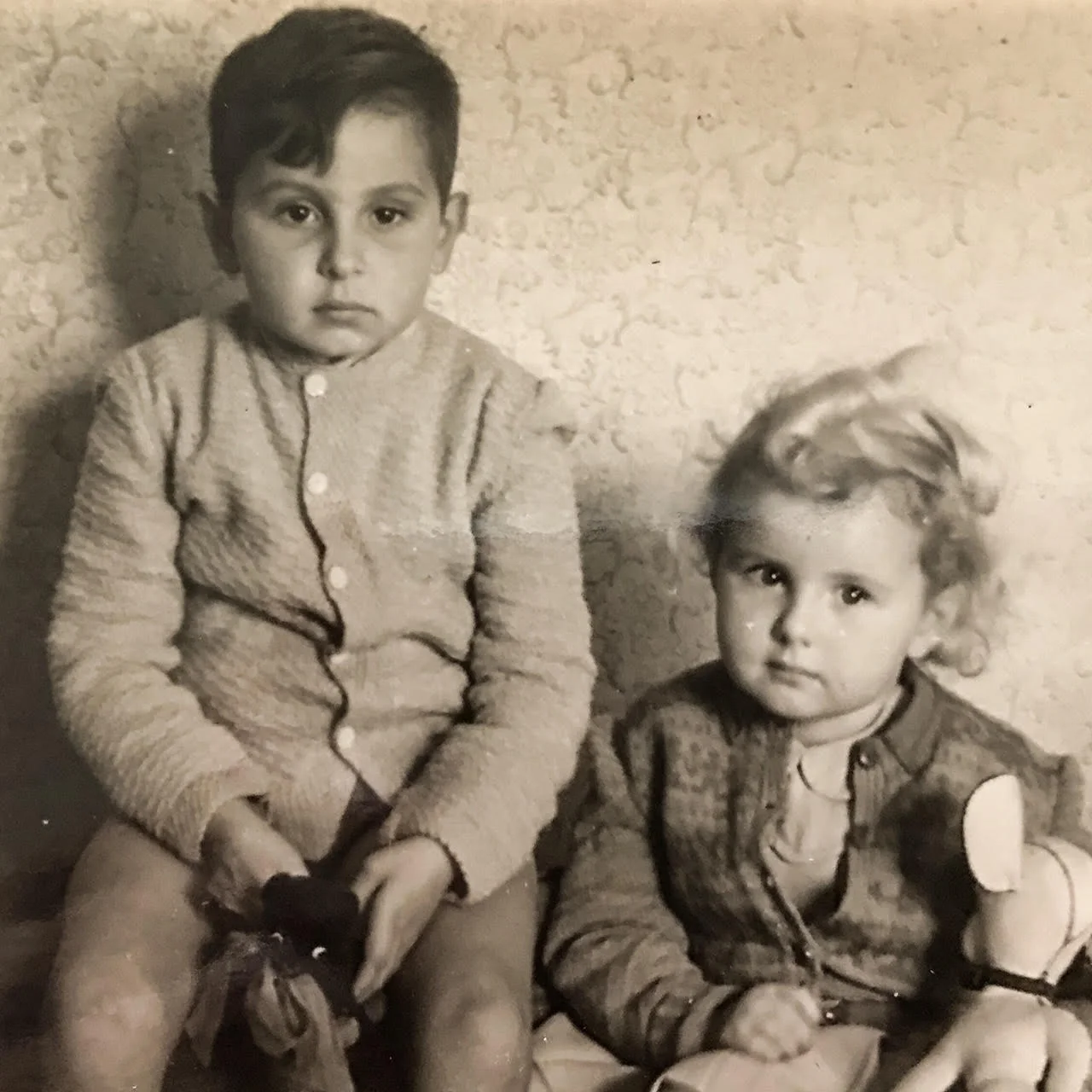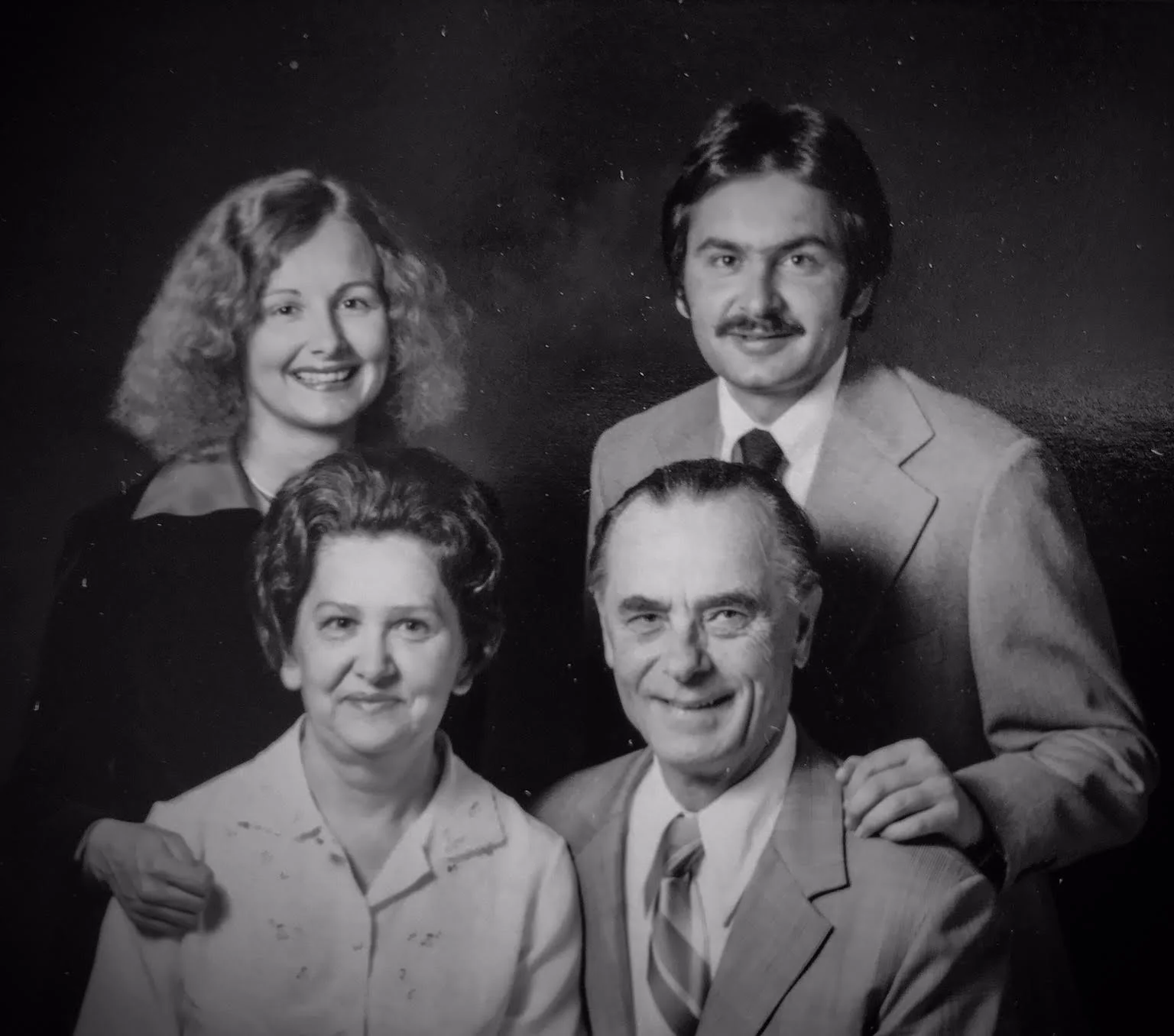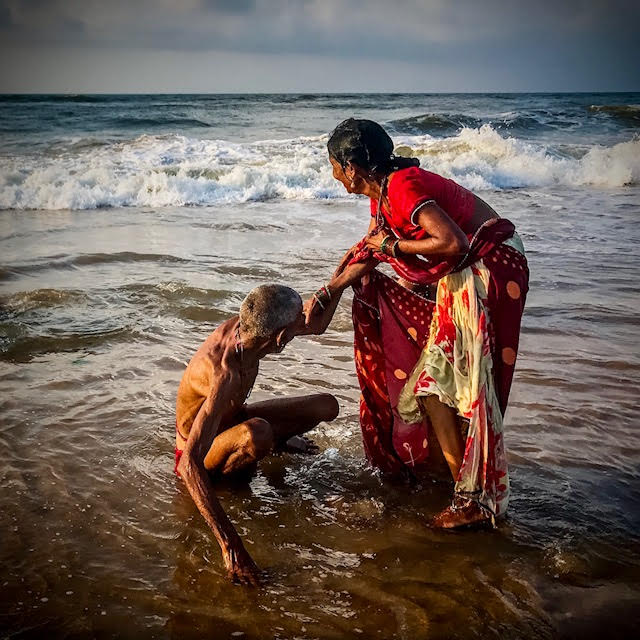I often ride the 30 bus in San Francisco. Starting near AT&T Park, it crosses SOMA (South of Market), then skirts downtown, ducks under Nob Hill via the Stockton Street tunnel, embraces Chinatown and North Beach, sideswipes Fisherman's Wharf, pauses briefly at my home, then traverses the Marina District along Chestnut Street, ending near the iconic Palace of Fine Arts and Chrissy Field.
Not the 30, but my favorite line, the F, brought from Milan, Italy. At Fisherman's Wharf.
It's a cheap but thorough city tour. Locals and tourists are mashed together.
I usually chat with people, but sometimes I need down time. One day, I plunked myself in the middle of a three-seat bench at the front and began to read emails. Two enormous men squeezed down, engulfing me in bodies and aromas, the larger one on my left in shorts, oblivious to the cold fog.
Ignoring my attempts at isolation, the man queried me in a gentle, friendly — but persistent —manner, about phones in general and mine specifically. I ducked on pricing, confirmed usability, and kept trying to return to the screen.
“I'd like to ask you a survey question, if I may,” he eventually asked. “What person born since 1900 do you admire the most?”
I told him in today's environment it would be easier to decide whom I admire the least, but again he was gentle in his persistence.
He nudged, “If there was one person born since 1900 whom you could converse with, who would it be?”
Finally intrigued, I decided to back away from the present political situation, and said, “Winston Churchill.” I’m not sure how I picked him, it was not a deeply considered response.
“You must be a student of history."
He then asked if I knew an author called David Irving, who wrote a book called Churchill’s War. I must've looked interested, because he described a great historian, who had been jailed in Austria just a few years earlier for his political views. My skepticism quickly led to a search.
I turned my screen toward him and said, “But he's a neo-Nazi and racist.”
“Oh,” he chuckled, unfazed. “That's just the way he's being portrayed. He's a very thoughtful person.”
Sincerity oozed at me. “Really,” he said, as he got up and then apologized because we had reached his stop. My screen did not leave much doubt about this author’s beliefs.
The news that day was all about Donald Trump refusing to acknowledge racism and neo-Nazi chanting at a deadly event in Virginia over the weekend. I had just marked a note in my calendar to avoid Chrissy Field on August 26 because another such event was planned there. And now this? On a bus in San Francisco?
I glanced up at the women facing me across the bus. One had a black print hijab over a long blue robe. Only her eyes and a bit of forehead were exposed. The woman next to her had a black scarf wrapped around her head in the style of the women in Iran, and a beige wool Inca-patterned shawl over black slacks. I didn't want a conversation with a neo-Nazi to be their image of a bus trip through San Francisco.
“Where are you from?" I directed my question to the woman whose face was uncovered.
“Illinois,” she replied, with an Indian accent.
This has become quite normal lately, and I understand that my very question could be taken as racist. Clearly, it spoke to their clothes and the character of their faces. Most of the time, I can use an open friendliness, and perhaps my gender and age, to go deeper without offense. This woman, however, easily unbent to my grin at a response which confirmed her Americanness.
“I am originally from India,” she continued.
“Really? I am going there next month.”
“Oh? And where will you be going? The Taj Mahal?”
“No, I am going to Orissa.”
"Orissa?”
Not confident that she knew where that was, I added, “and Chattisgarh.”
"Chattisgarh? You are going to Chattisgarh? Not the Taj Mahal? Not Agra?”
I confirmed that I go to India quite frequently but I've never been to Agra. She encouraged me to go, but finally asked me where in Chattisgarh. I showed her my itinerary, and a few photographs.
And just like that, we were friends.
She told me she was from Chattisgarh, and her husband was a doctor who had treated people like the ones in my pictures.
“He had an emergency surgery on a man with an arrow that pierced his chest,” she said, pounding her fist at a spot next to her heart. “They don't use guns, just bows and arrows.”
I absorbed this amazing story, along with the fact that they moved to America in 1993 and her husband went back to school and became a neurosurgeon.
The fully-covered woman next to her sat mute, but her eyes followed us. I am not yet fully comfortable with breaching the privacy of those who cover themselves, and usually just smile. I finally asked where she was from.
“Pakistan,” she said from behind the cloth.
“Oh, where in Pakistan?”
“Karachi.”
“And have you been here long?”
“Three years.”
“Are you together?”
I learned they were both from Illinois, and are friends because their daughters live in San Francisco. They were visiting family and helping to take care of grandchildren, one of whom now burst onto the scene, with a young woman in a beautiful long black gown, her head uncovered. They all spoke rapidly, checking out the neighborhood.
“What language are you using?”
“Urdu,” said one. “Hindi,” said the other.
In the remaining few minutes of our trip I learned that those two languages have radically different alphabets but are mutually comprehensible, something I had never understood until that moment.
“Like in your countries," the Indian woman said. She had learned in our interchange that I was born in Yugoslavia, and had mentioned Croatia and Serbia.
“Yes, we too,” I acknowledged, “have languages separated mostly by alphabets and cultures.”
We all laughed together as the bus stopped and they walked off, heading towards Fisherman's Wharf.

















